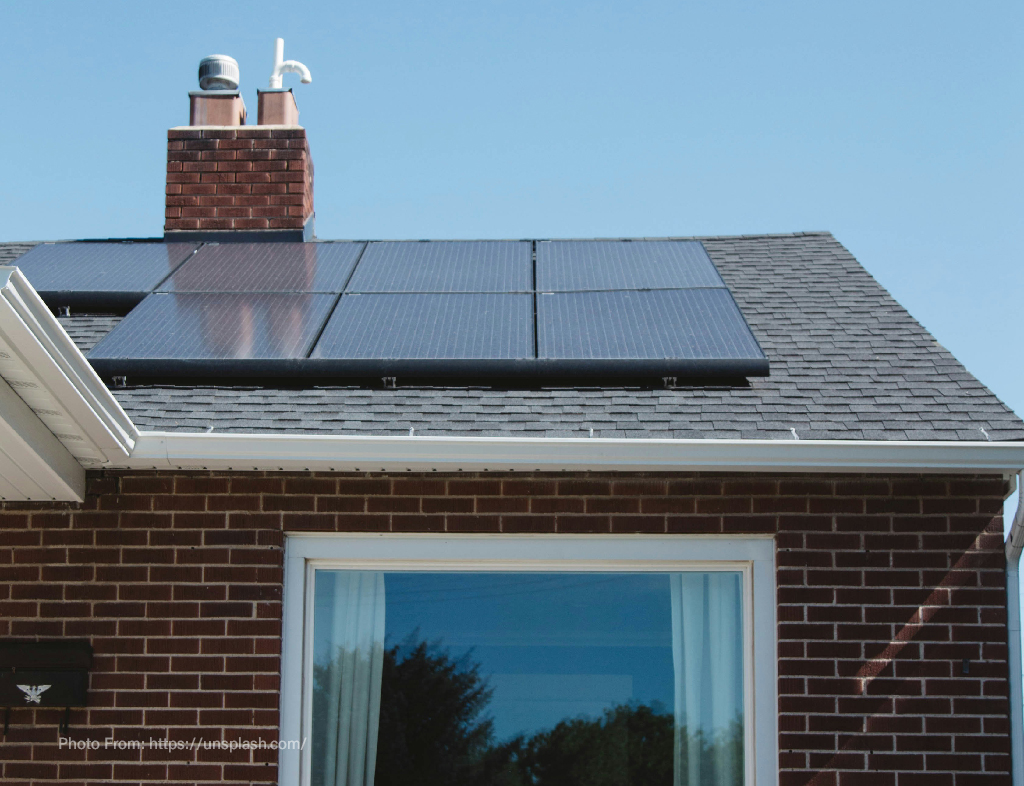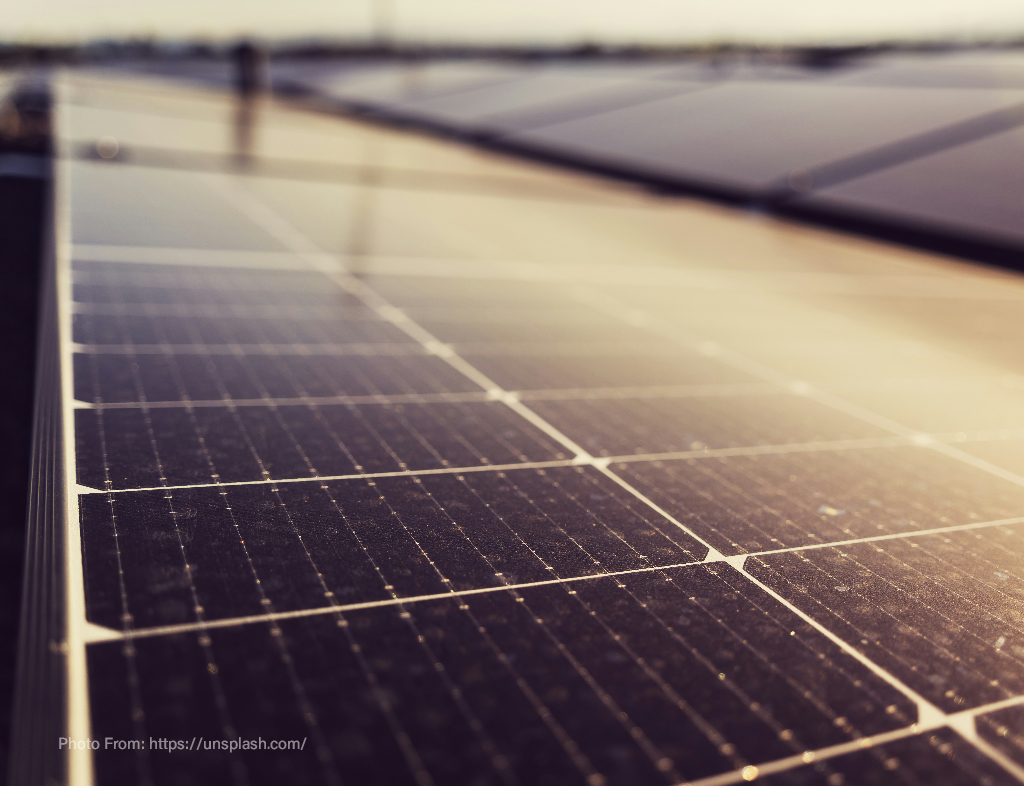OFF-GRID SOLAR FOR EMERGENCY PREPAREDNESS: BE READY WHEN THE GRID GOES DOWN
28th Jan 2025
When disaster strikes or an unexpected event causes the power to go out, having a backup power source becomes crucial. From wildfires to severe storms, these emergencies can leave you without electricity for hours, days, or even longer. That’s where off-grid solar power systems come in, offering a dependable, self-sufficient solution to ensure you’re never left in the dark.

Unlike conventional power systems, off-grid solar setups are not dependent on the public electricity grid. They harness solar energy to provide continuous power, even when local utilities are down. With solar panels capturing sunlight and batteries storing the energy for later use, these systems can keep your home running smoothly during crises, powering everything from lighting to essential medical equipment, without the need for an external power source.
Off-grid solar systems offer several advantages during power outages. The most significant is their independence from the grid. Whether due to a natural disaster, a downed power line, or grid instability, off-grid solar ensures you can maintain critical functions in your home when others may be left without power. The reliability of solar panels, which have no moving parts and are designed to withstand tough weather conditions, makes them a durable choice for emergency preparedness. This resilience means that no matter what the storm throws your way, your solar system will keep working.
Another major benefit of off-grid solar power is sustainability. Unlike gas-powered generators, which require fuel and regular maintenance, solar power relies on the sun’s energy, a free and renewable resource. Once your system is set up, there are no ongoing fuel costs or complex maintenance schedules to worry about. This makes off-grid solar an efficient and low-maintenance option for long-term emergency preparedness.
A basic off-grid solar setup typically includes solar panels, a charge controller, and batteries for energy storage. The number of solar panels you’ll need depends on your energy consumption, but a 1-2 kW system can provide enough power for essential needs like lighting, communication devices, and refrigeration. Batteries store the energy collected by the panels during the day, so you can still have power at night or during cloudy periods. The charge controller ensures your batteries are charged safely and efficiently, preventing overcharging or damage.
For those in areas prone to extended power outages, adding a backup generator to your system can provide extra peace of mind. While solar energy is the primary source of power, a generator can help recharge your batteries in case of extended periods of low sunlight, ensuring that you always have a reliable power supply.

In conclusion, off-grid solar systems offer a sustainable, reliable, and low-maintenance solution for emergency preparedness. By investing in an off-grid solar power setup, you can ensure that your home stays powered and safe when the grid goes down, providing you with peace of mind and one less thing to worry about during a crisis.
